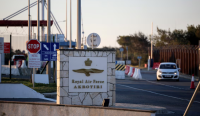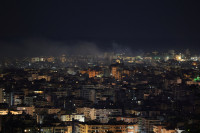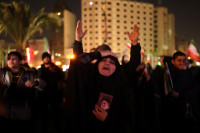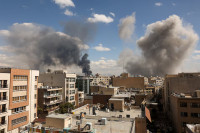World
Prosecution files again to extend Yoon’s detention after court rejection
Court rejects prosecution's request, citing lack of clear authority to conduct supplementary investigations transferred from Corruption Investigation Office.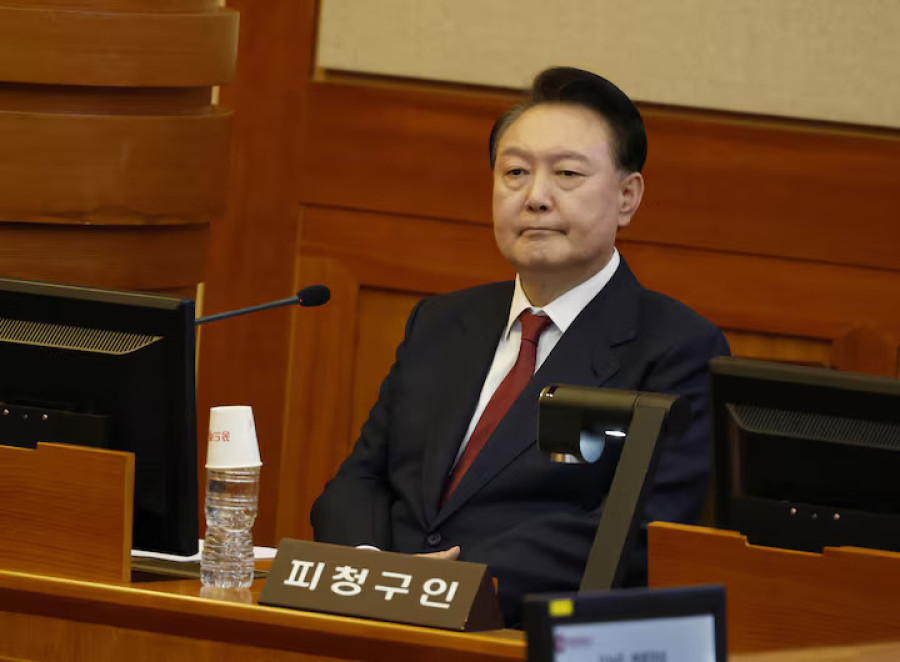
The Korea Herald
The prosecution refiled a motion early Saturday seeking approval to extend President Yoon Suk Yeol’s detention period, approximately four hours after a South Korean court denied its initial request on Friday.
The court explained that the prosecution lacks clear legal authority to conduct additional investigations into Yoon, whose case was initially handled by the Corruption Investigation Office for High-ranking Officials, making it unjustifiable to extend his detention.
The prosecution, however, disputed the court’s judgment, asserting its right to carry out supplementary probes into Yoon, who faces insurrection charges over his failed declaration of martial law on December 3, citing similar past cases and the provisions of the Criminal Procedure Act.
“The prosecution’s authority to conduct supplementary investigations into cases referred by the CIO is clearly recognized, thereby justifying the need for an extension of the detention period,” the prosecution said in a statement.
Prosecutors have previously conducted supplementary investigations into cases referred by the CIO, including probes into the now-dismissed Seoul Metropolitan Office of Education Superintendent Cho Hee-yeon in 2021 and former Busan Metropolitan Office of Education Superintendent Kim Seok-joon in 2023.
On Thursday, the prosecution requested an extension of Yoon’s pretrial detention until February 6, the same day the case was transferred from the CIO to the Seoul Central District Prosecutors’ Office.
The CIO, unable to directly indict the president, announced that it had decided to ask the prosecution to file charges against Yoon for leading an insurrection and abusing his authority. As per the CIO's legal framework, cases requiring prosecution must be referred to the prosecutor’s office.
The Seoul Central District Court explained the rationale behind its decision in a statement on Friday.
“The CIO Act does not explicitly specify whether prosecutors from the Prosecutors' Office have the authority to conduct supplementary investigations or define the scope of such authority,” according to the statement.
Another reason is based on the purpose of the CIO Act, which was created to make the CIO an independent organization responsible for investigating crimes committed by high-ranking officials.
The goal of the act is to ensure fairness in investigations by clearly separating the roles of investigation and prosecution. This principle, outlined in Article 26 of the Act, applies equally to both the CIO and the prosecutors' office.
“In cases where a CIO prosecutor investigates a crime involving high-ranking officials and submits a request for indictment along with relevant documents and evidence to a prosecutor at the Prosecutor’s Office, it is difficult to consider that the receiving prosecutor has sufficient grounds to continue the investigation while determining whether to proceed with the indictment,” the statement added.
Under the Criminal Procedure Act, the detention period is initially limited to 10 days, with a one-time extension of an additional 10 days allowed, subject to court approval.
The CIO, which asked the prosecution to file charges, initially determined that Yoon’s first detention period would expire on January 28. However, the prosecution, taking into account practical precedents, reportedly concluded that the detention period would end over the weekend and submitted a request for an extension on Thursday.
If the extension is rejected again, the prosecution could opt to promptly indict the suspended president before the initial detention warrant expires.
Yoon’s legal defense team welcomed the court’s decision Friday, calling for Yoon’s “immediate release” in a statement.
“The Seoul Central District Prosecutors’ Office has no grounds to conduct a supplementary investigation following the CIO’s probe,” the statement said. “The Seoul Central District Court has made the right decision by clearly upholding the intent of the law.”
(In association with Asia News Network)




 9.83°C Kathmandu
9.83°C Kathmandu

